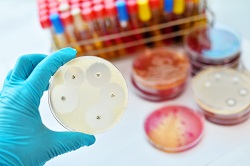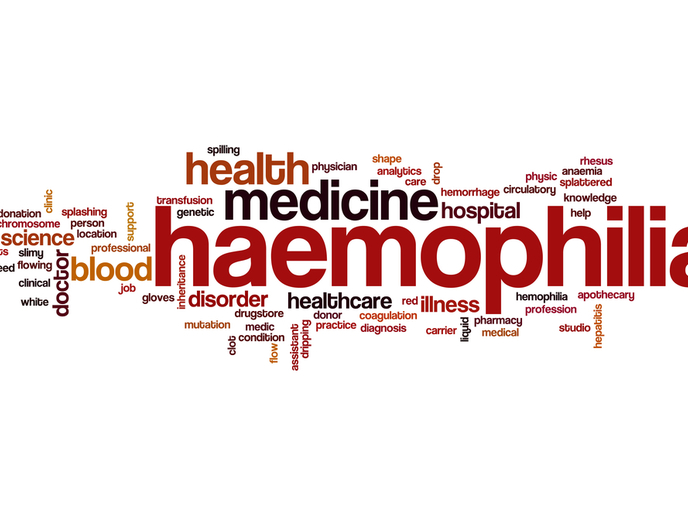New solutions for diagnosing and treating antibiotic-resistant bacteria
A patient suffering from a respiratory tract infection caused by a bacterium goes to the doctor for help. To treat him, the doctor tries several different types of antibiotics, none of which is successful. This is because the bacteria causing the patient’s infection are resistant to the most common types of antibiotics available. This by no means is an isolated case. Every year, millions of people suffer from infections caused by antibiotic-resistant bacteria. In fact, the problem is now so widespread that the World Health Organisation (WHO) regards it as one of the major current global health crises. In response to this crisis, the European Union has funded many research projects aimed at solving the problem, including PNEUMONP (Nanotherapeutics to Treat Antibiotic Resistant Gram-Negative Pneumonia Infections). “The objective of the PNEUMONP project was to develop a novel solution for diagnosing and treating infections caused by antibiotic-resistant bacteria,” says Project Coordinator Iraida Loinaz. A better diagnostic kit One solution was the development of a diagnostic kit to identify the bacteria causing the infection within a single sample. Using Polymerase chain reaction (PCR) technology, the PNEUMONP multiplex kit screens for more than 30 of the main antibiotic-resistant genes. Running on standard lab equipment, the kit has the added benefit of being relatively cheap to use. Thanks to this kit, doctors can now easily get a diagnosis at a very early stage of the disease, immediately treat with the proper antibiotics and likely save a life. “Using the kit, a doctor can quickly identify whether a patient is infected with an antibiotic-resistant bacterium and prescribe the proper treatment – all within as little as just three hours, whereas conventional methods take up to 48 hours,” explains Loinaz. The diagnostic kit will receive clinical approval in 2018 and will then be released onto the market. Coupling antibiotics with nanocarriers But what about those bacteria that are extremely resistant to antibiotics, where no antibiotic is available to treat the resulting infections? Here, PNEUMONP researchers created new antibiotics. For instance, the project explored the antibacterial properties of the M33 peptide, developing a specific form of the molecule that has proved effective against such infections as Pseudomonas aeruginosa and Klebsiella pneumoniae. Researchers also studied the AA139 molecule, another promising antimicrobial peptide. To ensure the efficient and safe delivery of these new antibiotics, researchers also looked at coupling the M33 and AA139 molecules with nanocarriers. Nanocarriers are nanomaterials used as a mode of transporting another substance. As a proof of concept, the new antibiotics in nanocarrier form were delivered in aerosol form and tested against an antibiotic-resistant bacterium responsible for serious respiratory tract infections. “Attaching antibiotics to nanocarriers allows for the delivery of various combinations of antibiotics without an increase in risk to the patient,” says Loinaz. “Early tests of several combinations demonstrate that this approach does improve the performance of antibiotics, and there were no signs of resistance to the new antibiotics.” The project has also been developing a manufacturing process that will allow for scalable production of the nanosystems – crucial if these new antibiotics are to break into the highly regulated pharmaceutical sector. Overall, the PNEUMONP project successfully demonstrated the positive effect of coupling antibiotics with nanocarriers for treating multi-resistant bacteria-based infections. “We are still far from having a new medicinal product in clinical trials, but we have generated knowledge on the systems and we really think nanotechnology will help in the design of a new generation of drugs,” adds Loinaz.
Keywords
PNEUMONP, European Union, EU, nano-carriers, antibiotics, antibiotic-resistant infections







